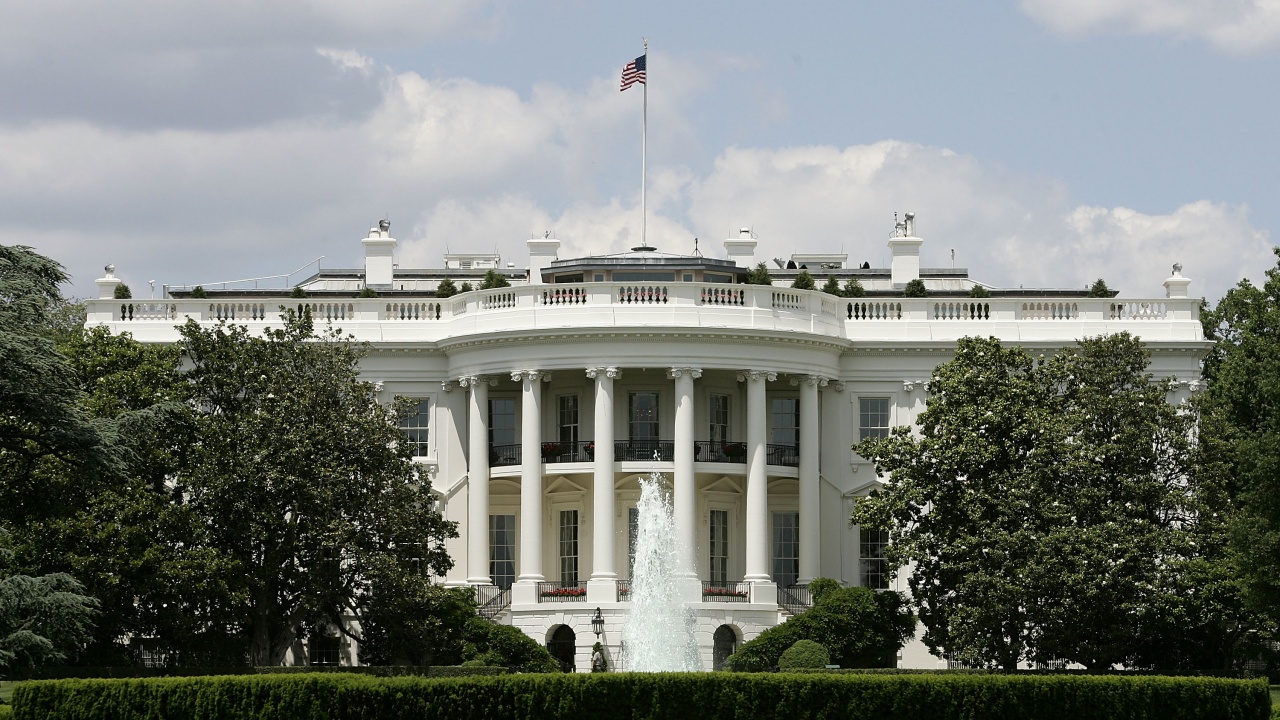US intelligence agencies and their allies have stepped up surveillance of Russia to track preparations for a possible nuclear strike on Ukrainian territory, Politico reported, citing five former and current US officials.
They warn that the first signs of preparations for a nuclear strike may be detected too late because Russia has tactical nuclear weapons that are smaller than intercontinental ballistic missiles.
"We are watching this more closely," said a US government official with access to intelligence on Russia's nuclear forces.
Surveillance is carried out from the air, in space and in cyberspace.
The US and its allies use satellites to analyze Russian ground forces.
Last week, US reconnaissance aircraft were spotted repeatedly over the Kaliningrad region, where Russian dual-use weapons systems and hypersonic missiles are deployed.
Since Russia's invasion of Ukraine, Russian President Vladimir Putin, government officials and the media have repeatedly hinted that Russia might use nuclear weapons.
On September 21, Putin said that Russian authorities are ready to use all available means to defend their territory.
Putin stressed that "this is not a bluff".
US Attacks Crimea In Nuclear Strike Against Ukraine?
The "referendums on joining Russia" in the self-proclaimed Donetsk and Luhansk People's Republics, as well as in the occupied territories of Kherson and Zaporozhye regions in Ukraine, ended yesterday.
Local residents overwhelmingly supported the "annexation".
On September 22, the Deputy Chairman of the Russian Security Council, Dmitry Medvedev, said that when these territories "are accepted as part of Russia", the Russian armed forces will defend them, and the army will be able to use "all Russian weapons, including strategic nuclear ones". .
Russian citizens fleeing mobilization can apply for asylum in the United States, White House spokeswoman Karin Jean-Pierre said in the meantime.
"We believe that regardless of their nationality, they can apply for asylum in the US and each application will be considered individually," says Jean-Pierre.
US authorities welcome "all asylum seekers," the White House spokeswoman added.
It does not follow from her words that Russians fleeing mobilization will receive any priority order or special conditions for granting asylum.
Earlier, the German authorities said that under certain circumstances they were ready to grant asylum to deserters from the Russian army and to "opponents of the Putin regime".
Mobilization in Russia was announced on September 21.
Since then, thousands of people have left the country.
Neighboring Kazakhstan, Georgia, Mongolia and Finland alone have taken in almost 200,000 Russians.
Some EU countries, notably Latvia and the Czech Republic, have said they will not issue visas to Russians who are hiding from mobilization, dir reported.
For its part, the European Commission said that the EU should guarantee the right of entry of Russian asylum seekers during mobilization.
USA
nuclear threat
